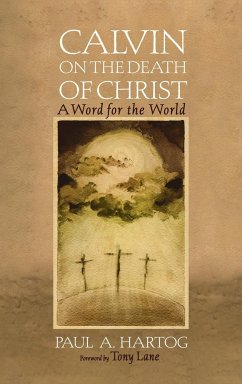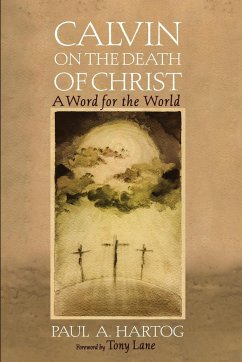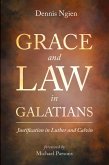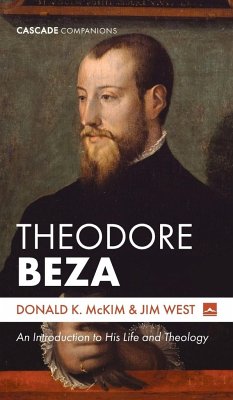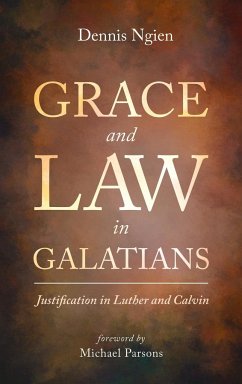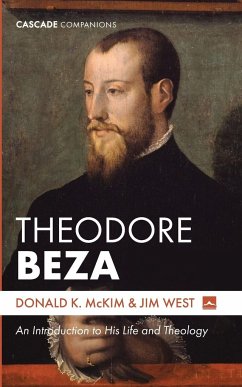One of the most contested questions in historical theology concerns John Calvin's understanding of the so-called ""extent of the atonement."" On a popular level, Calvin's name is closely associated with the ""limited atonement"" stance canonized within the ""TULIP"" acronym. But did Calvin himself insist upon a strictly particularist view of Christ dying for the elect alone? This study re-examines the evidence in the primary sources, traces the diversity of resulting historical trajectories, and engages the spectrum of secondary scholarship. Undoubtedly, Calvin believed in unconditional election, but he also spoke on multiple occasions of Christ dying for ""all"" or for ""the world""--yet what did he mean? Some may find the conclusions surprising, but all should find them cogently articulated and irenically tempered.
Hinweis: Dieser Artikel kann nur an eine deutsche Lieferadresse ausgeliefert werden.
Hinweis: Dieser Artikel kann nur an eine deutsche Lieferadresse ausgeliefert werden.

